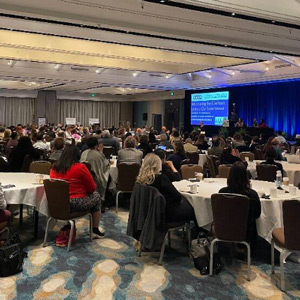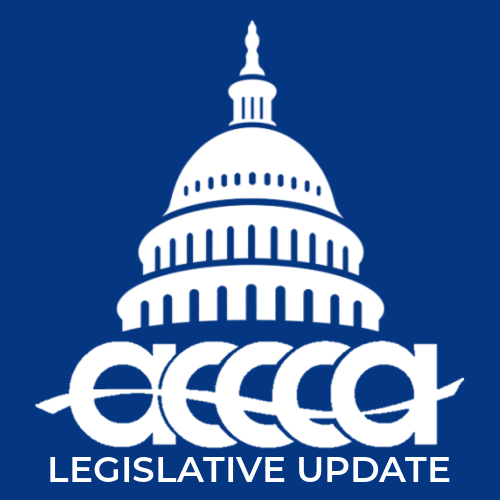View the legislative bills report here. (updated October 4, 2024)
Click here to view the weekly update archives.
October 18, 2024
Aside from the California Community Colleges (CCC) Consultation Council meeting, it was another quiet week in Sacramento. The biggest news this week was that on Monday the Assembly voted in concurrence with the Senate amendments for Assembly Bill 1 of the Second Extraordinary Session (ABX2-1), the single piece of legislation from the special session called by Governor Gavin Newsom. Governor Newsom quickly signed the bill into law. ABX2-1 will take effect 90 days from the special session adjournment.
Now that the special session has come to a close, lawmakers have returned to their districts, where many of them will be campaigning over the next several weeks right up to the November 5, 2024, General Election.
Chris Ferguson Announced as Executive Vice Chancellor
At Thursday’s Consultation Council meeting, CCC Chancellor Sonya Christian announced that Chris Ferguson will become the new Executive Vice Chancellor of Finance and Strategic Initiatives on November 1.
Chris Ferguson is currently the Program Budget Manager at the Department of Finance and was an integral part of the implementation of the Student Centered Funding Formula.
2025-26 Shared Advocacy Request Addendum
At the September Board of Governors (BOG) meeting, the BOG approved the CCC Budget and Legislative Request for 2025-26. While the approved document includes a number of significant spending and legislative proposals, Government Relations Vice Chancellor David O’Brien said that they inadvertently left out a request for the California Apprenticeship Initiative (CAI).
During Thursday’s Consultation Council meeting, Vice Chancellor O’Brien said that they will be presenting an addendum to the approved system request that will request lawmakers to approve an ongoing increase of $60 million to $90 million ongoing to truly scale the growth of registered apprenticeships through the CAI, in alignment with Governor Gavin Newsom’s goal of serving 500,000 earn-and-learn apprenticeships by 2029.
The Chancellor’s Office will present this addendum to the BOG for approval at their November 18 meeting. It is expected that the addendum will be approved by the BOG.
BOG Sponsored Legislation Signed
During Thursday’s Consultation Council meeting, Vice Chancellor O’Brien also took some time out to acknowledge the following BOG-sponsored legislation that was signed into law by Governor Newsom:
- Assembly Bill (AB) 1142 (Fong, D-Alhambra) extends the sunset date, allowing colleges to charge maintenance costs for use of facilities by five years to January 1, 2030
- AB 1885 (Addis, D-Morro Bay) extends, beginning with the 2025-26 academic year, eligibility for the CCC Student Success Completion Grant program to students who enroll in nine or more units per semester and are considered full-time as part of the Disabled Student Programs and Services Academic Accommodation Plan
- AB 1891 (Weber, D-San Diego) authorizes, until January 1, 2030, the CCC allied health program to use a selection process known as “multicriteria screening” for admitting applicants into impacted allied health programs when the number of applicants to that program exceeds its capacity
- AB 3087 (Fong) extends the CCC Economic and Workforce Development Program by 5 years to January 1, 2030
Unless otherwise noted, these bills take effect on January 1, 2025.



 ACCCA provides California Administrators with timely news and information about legislation, policy and other issues that impact your college and your career. In addition to this up-to-the-minute website, we keep you in the loop with email alerts.
ACCCA provides California Administrators with timely news and information about legislation, policy and other issues that impact your college and your career. In addition to this up-to-the-minute website, we keep you in the loop with email alerts.


